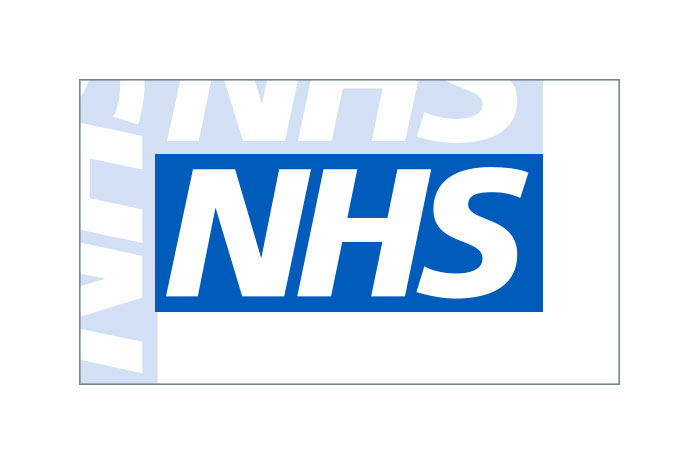A major recovery plan for NHS services in the county includes more staff and less waiting – especially for patients on ‘urgent’ pathways.
The Health Scrutiny Committee of the county council was due to be updated on the United Lincolnshire Hospitals Trust recovery plan and a response to a recent Care Quality Commission (CQC) inspection at a meeting on Wednesday.
The Trust rating remains ‘requires improvement’ following a visit in February.
Plans also include a recovery programme instigated by the government in light of post-pandemic backlogs.
The report outlined five ‘must do’ actions that have to be taken in order to comply with its legal obligations.
One of these was ensuring the procedure at both Boston’s Pilgrim and Lincoln County hospitals for management of ambulance delays is fully implemented and another said child protection information protocol has to be both embedded and monitored.
As a result, patients waiting on ambulances should be reviewed by staff every hour, or 30 minutes, depending on priority.
“The service must ensure the trust standard operating procedure for management of reducing ambulance delays is fully implemented,” says the report going before council members.
The Elective Recovery Priorities report also outlines proposals to slash waiting lists, reduce backlogs and improve performance for cancer waiting times.
The aim is to deliver more elective care than pre-pandemic with 20 per cent more diagnostic activity than took place in 2019/20.
The trust also aims to eliminate all patient two-year waits by next month, and 78-week waits by April 1 next year.
It will also be drafting a business case for a new Community Diagnostic Centre to join the one already working in Grantham.
A ‘key focus’ is to reduce cancer backlogs so the number of people waiting longer than 62 days is reduced from 424 last month to 149 in March next year.
The trust will “improve delivery of the 62-day urgent referral to first treatment standard: move from 57 per cent in April 2022 to 85 per cent in March 2023,” the report says.
It will “refine delivery of the 31-day decision-to-treat to first treatment standard: move from 53 per cent in February 2022 to 75 per cent in March 2023.”
To deliver the range of priorities outlined, the trust will also increase its workforce by 420 whole-time posts while reducing agency usage by 174 with ‘further significant reductions.’
Aside from the ‘must do’ actions arising from the CQC report, there are also a raft of ‘should do’ steps to be taken at both the Lincoln and Boston hospitals.
The Pilgrim, in Boston, should be subject to a review to see if it was possible for the hospital to offer ‘all key services being available seven days a week.’
The hospital should also ensure triage is face-to-face with patients brought in by ambulance.





